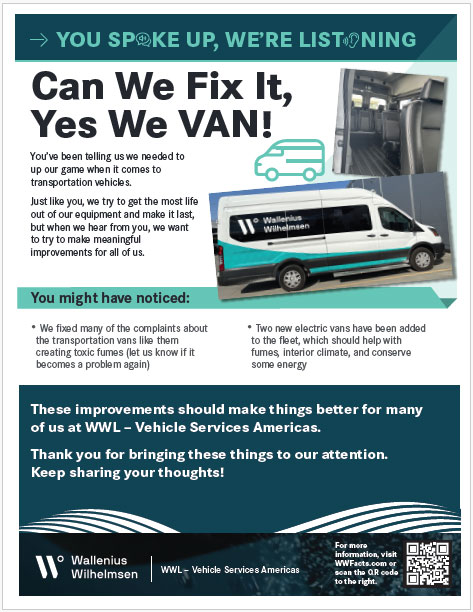Taking care of you, both now and in the future
We are committed to providing you with competitive pay and valuable benefits.
Welcome to WW Facts
You have the right to be for or against being in a union, and we will protect your right to make an informed decision.
Your Rights

Understanding your legal rights is the first step in making an informed, educated decision about unionization and how it might impact you and your family.
Your Signature

Your signature on a union authorization card is a legal and binding document. Think before you decide.
Collective Bargaining
Make sure you understand how collective bargaining really works before you decide if union representation is right for you.
If a union wins the right to represent employees, the union and the employer begin a process of negotiations called “collective bargaining.” Collective bargaining, as defined by the law, requires an employer and the representative of its employees (i.e., a union) to:
Meet at reasonable times
Confer in good faith about certain matters
Put into writing any agreement reached if requested by either party.
The law does not, however, compel either party to agree to a proposal by the other, nor does it require either party to make a concession to the other.
The union can’t guarantee anything except the right to try to negotiate a contract and charge dues. You could end up with less than you have now, more than you have now, or keep the same as you have. A union can ask for anything during contract talks – but there is no guarantee those items will actually be agreed upon or included in the contract. A union can only obtain what the employer is willing and able to give.
Negotiation topics include wages, benefits, hours, and other terms and conditions of employment such as how seniority is used, required dues deduction, and the grievance process. These are called “mandatory subjects of bargaining.” There also are “permissive subjects” that do not have to be negotiated, and these might include topics like work procedures and the number of people hired to do a particular job.




